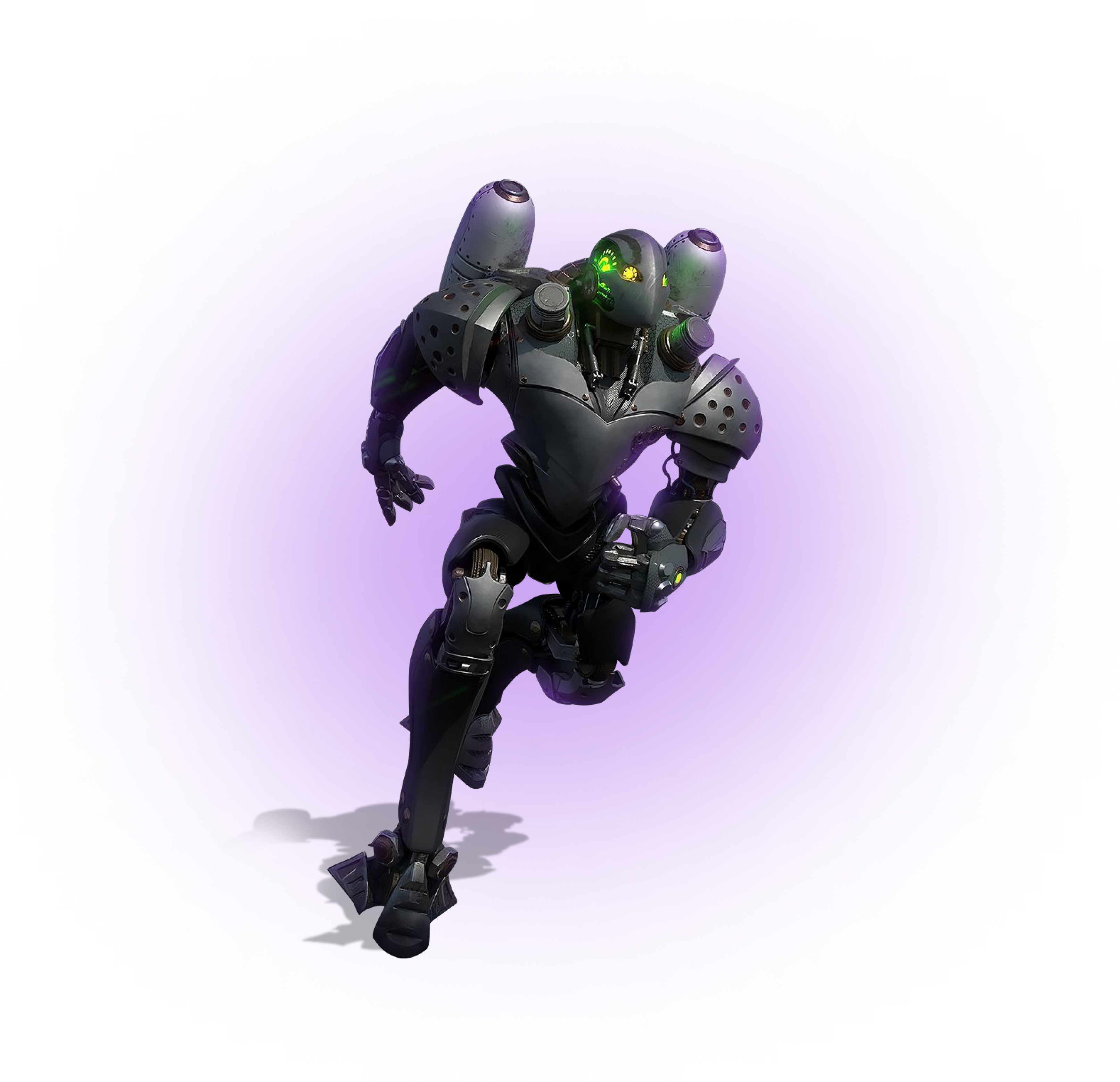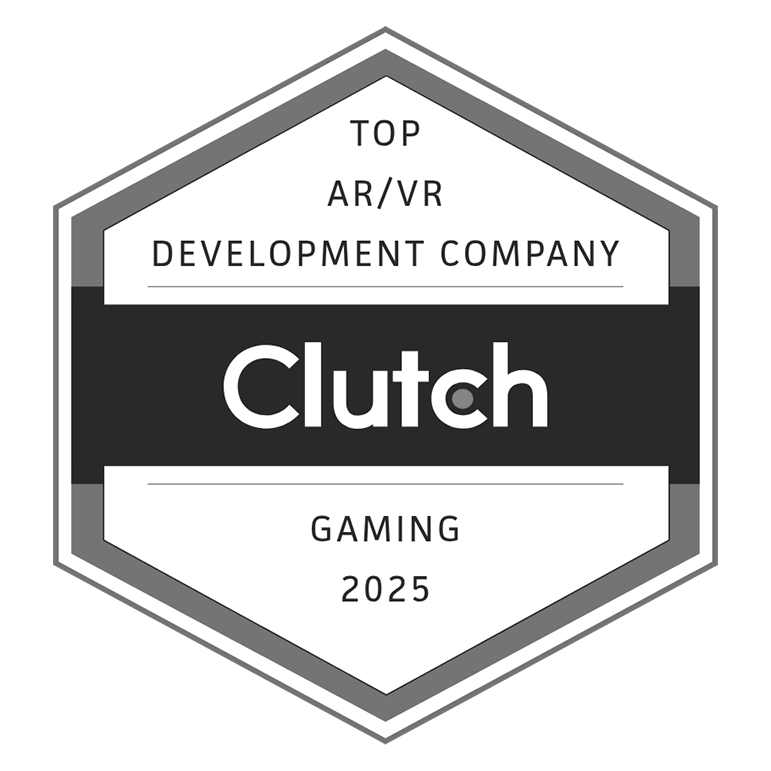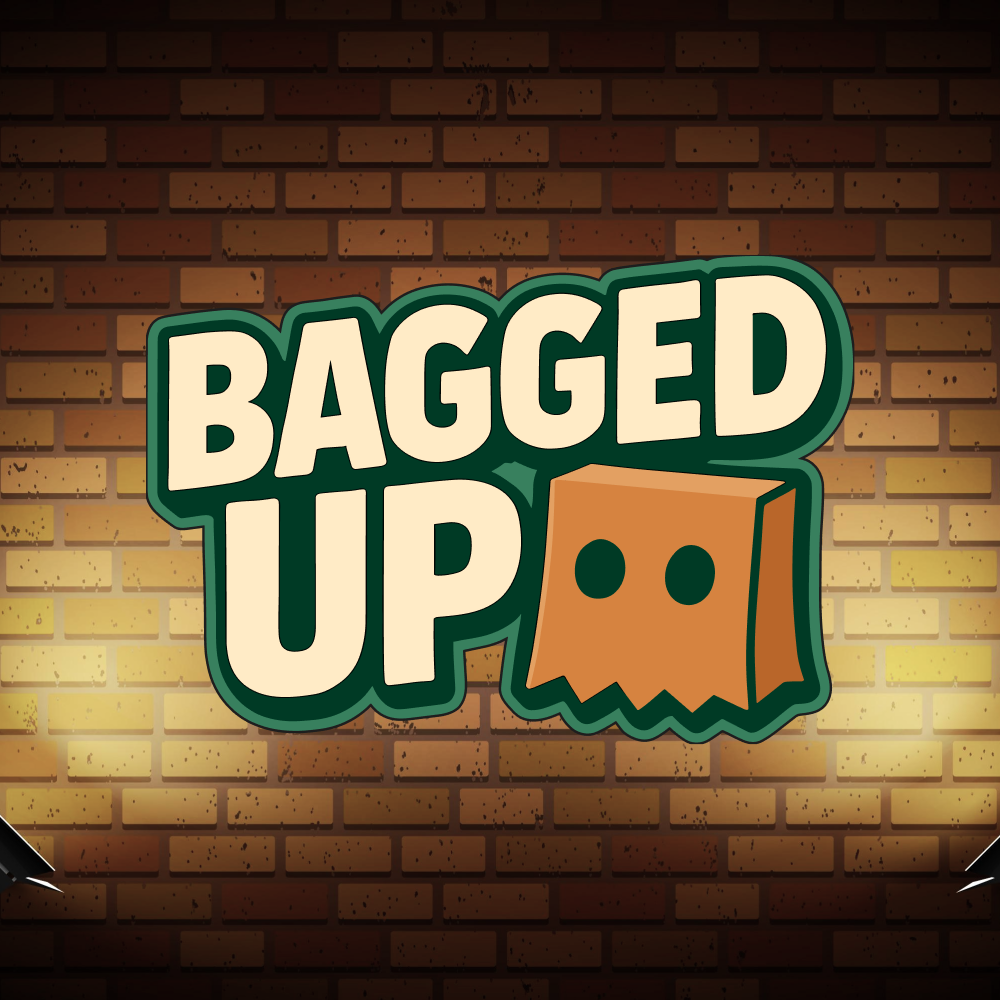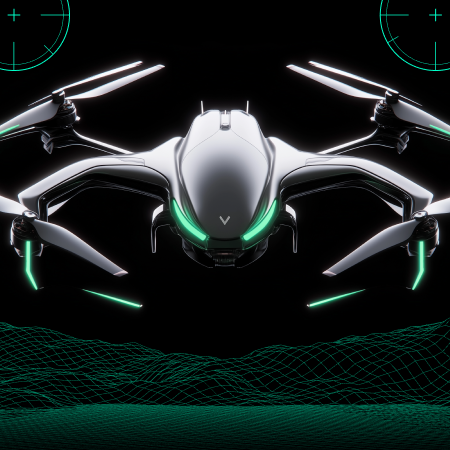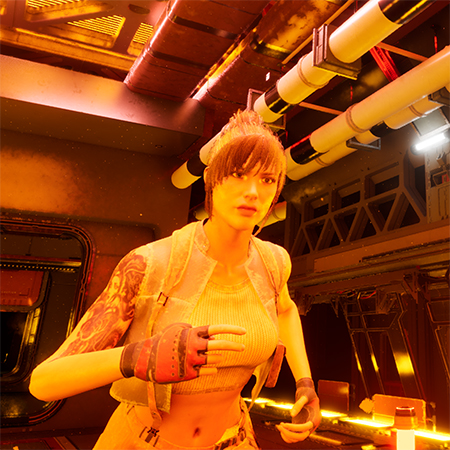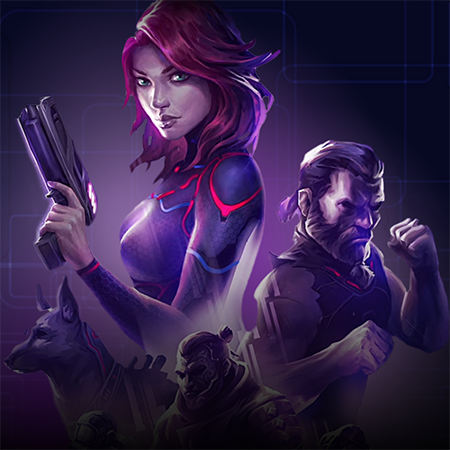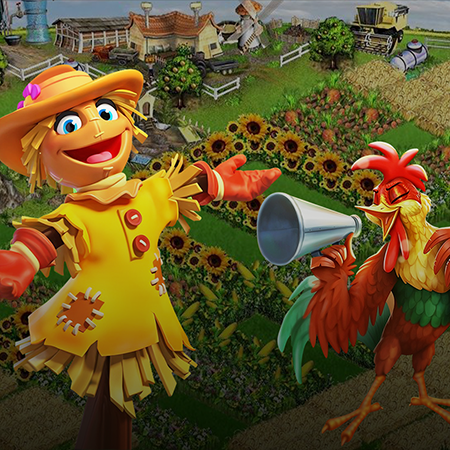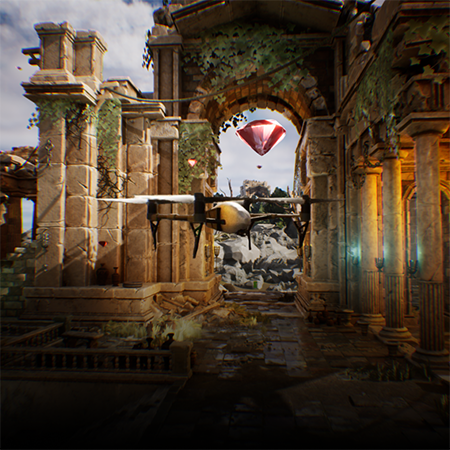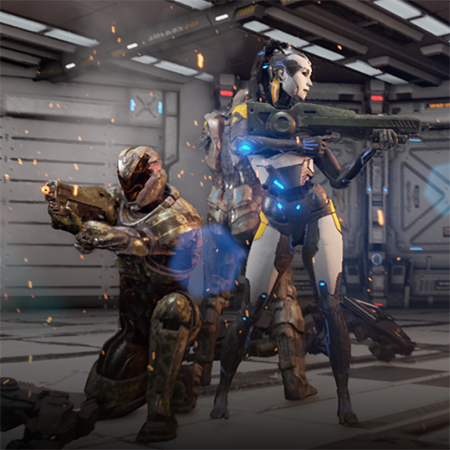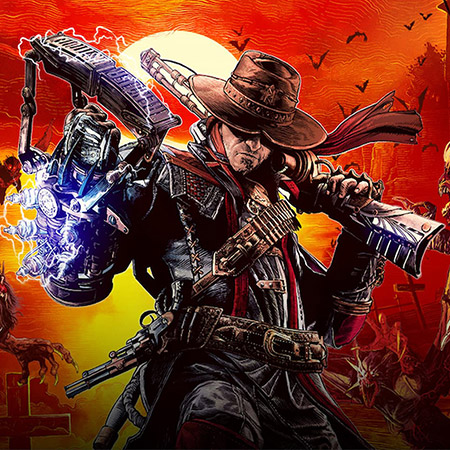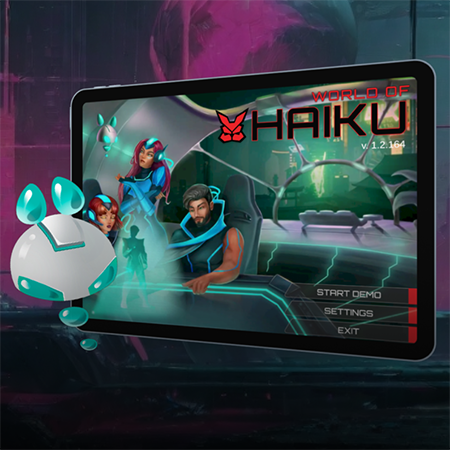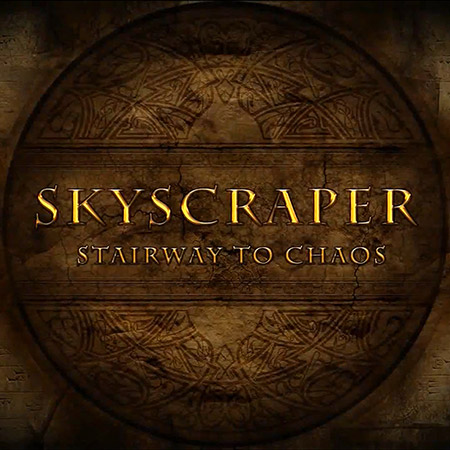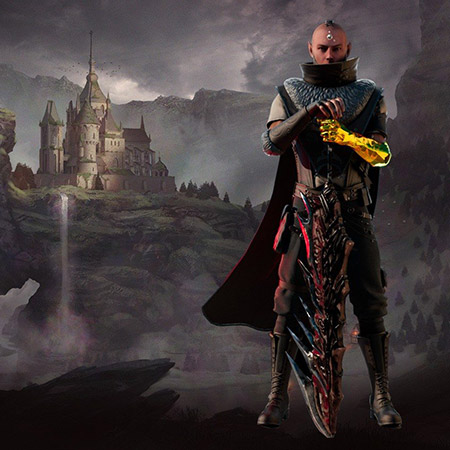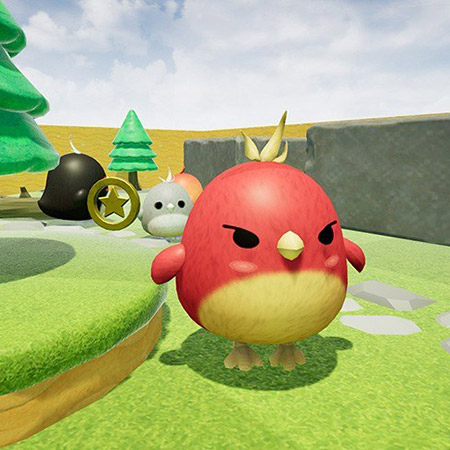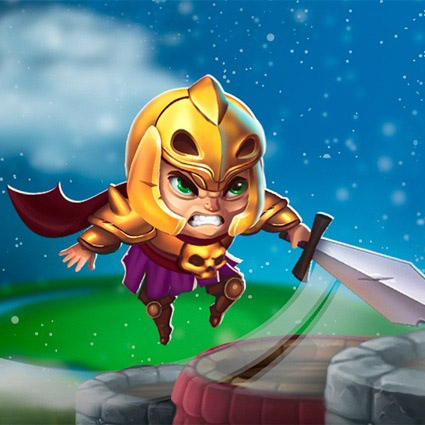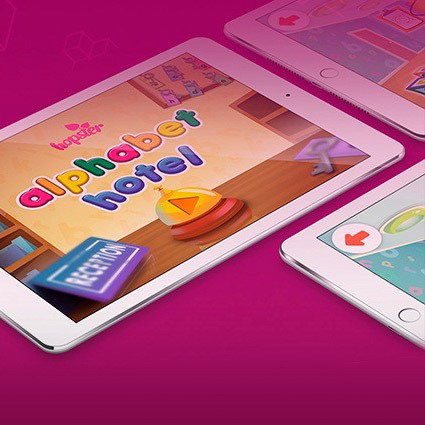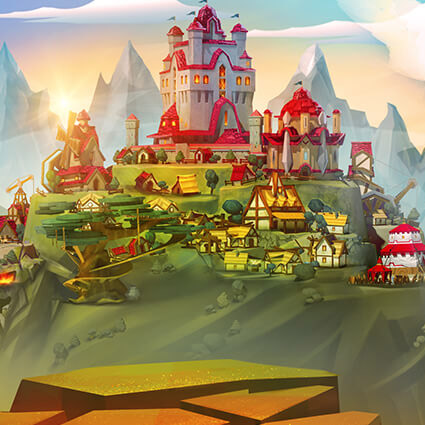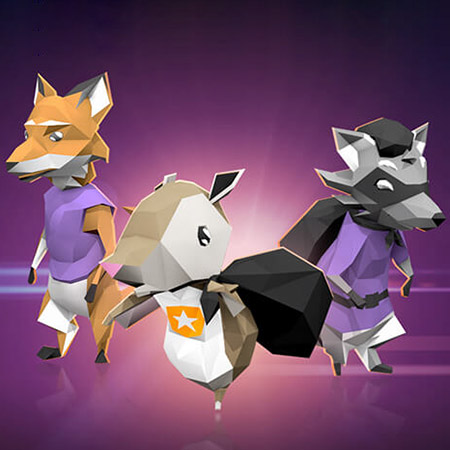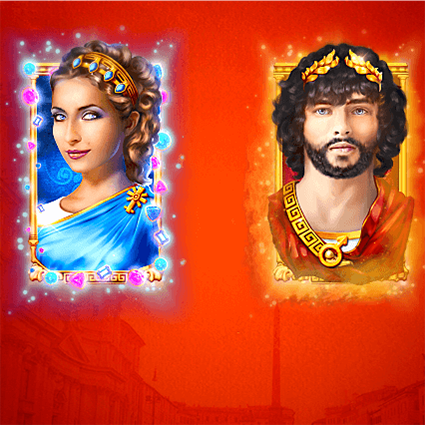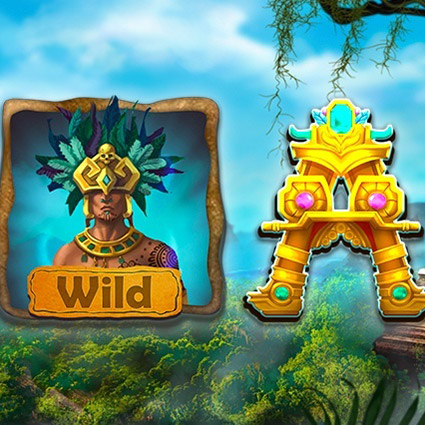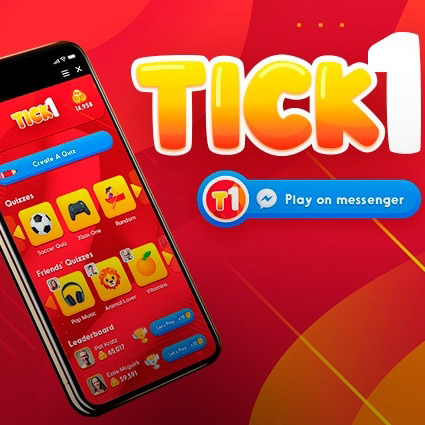Since the first blockchain games were launched, this field has changed dynamically. However, Q1 of this year has become booming for crypto gaming, as its activity has grown by 2000% compared to 2021. Even though blockchain games are going through a recession due to global political issues and the cryptocurrency market state, there are still investments in these projects. In the last quarter, GameFi (gaming & finance) got $2.5bn of investment, indicating there’s still growth potential in this industry.
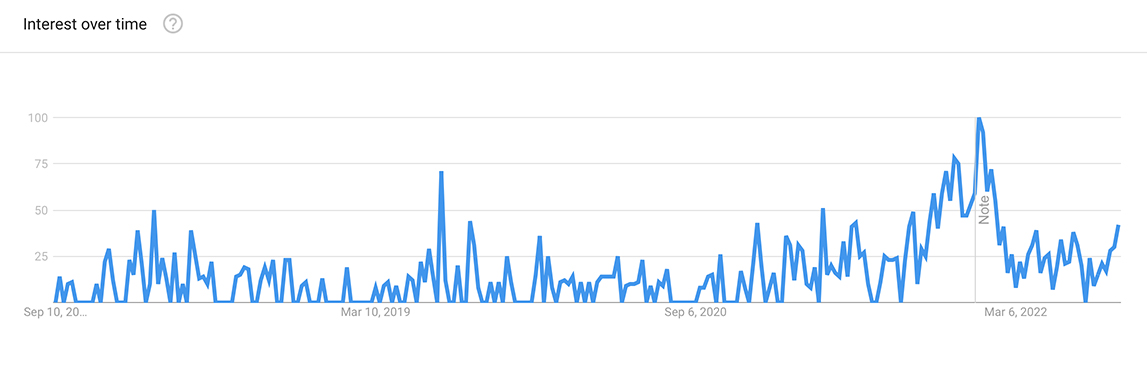
Yet, what is blockchain gaming in the first place? Some people think that it’s something related to NFTs, while others aren’t confident about this technology gist. In this article, we’ll clarify the concept of blockchain gaming and explore its benefits for businesses and individuals. Also, you’ll find helpful insights and forecasts on blockchain gaming from a professional blockchain game development company.
What Are Blockchain Games?
Before answering the question – what are blockchain games? — let’s discover the meaning behind the term itself. Basically, the blockchain is a distributed ledger that operates as a foundation for cryptocurrency transactions across a particular network. This technology can be different but aims to store, transmit, and protect users’ digital data.
So, what is a blockchain-based game? The central core of blockchain games is the DeFi (decentralized finance) that makes these games a part of the entire system, containing extensions like crypto wallets and marketplaces. Players can experience traditional gaming in these games and earn crypto-collectibles for in-game activity.
As a result, blockchain games are now a new way of earning cryptocurrency that’s fun and affordable for different audiences. Yet, differences in game entry, monetization models, and interaction with blockchain make this field worth special attention.
How Is Blockchain Used in Games?
For crypto games, blockchain has become a multitool that allows its application in various forms. So, let’s look at the popular components of blockchain games.
In-game NFTs. Many blockchain games are now enabling an opportunity to earn NFT gaming assets, usually in the form of avatars, weapons, rare artifacts, etc. These NFT assets are blockchain-based and can be exchanged for a specific cryptocurrency, depending on which blockchain it runs on (e.g., Ethereum or Solana).
Play-to-earn. The key points in play-to-earn blockchain games are related to earning cryptocurrency through token rewards. Each trustworthy P2E game has its own tokens (collectibles that play the role of cryptocurrency), like the PVU tokens in the Plant vs. Undead game. By earning them for conquering quests and levels, players of blockchain games can exchange them for other cryptocurrencies or sell them for traditional currency like USD.
Security assurance. Once a player has earned an NFT/token/cryptocurrency in a game, they must be protected, as no one wants to lose their rewards while keeping or transferring. With a robust security system, blockchain creates barriers for backdated or other changes, preventing tampering.
Blockchain gaming methods cannot operate or be trustful without this technology. Thus, the creation processes of blockchain games are about hard work in developing branded tokens for your project. It’s also crucial to draw famous venture capitalists (VC) for better credibility and get a deal to launch your tokens on reliable exchange platforms. In addition, you can reach your goals effectively and scale any project using our metaverse game development services.
The Main Benefits of Blockchain Games
We have covered the question, “What are blockchain games?” Now, you might ask: why do businesses use blockchain games? A company can realize the development of blockchain games from various industries, not just gaming ones. The multiple benefits of NFT games and other types raise interest and generate strong demand for these projects to become an excellent investment method. The most valuable and robust sides of blockchain games are described below.
1. Immutability of Blockchain Gaming
Players can affect their gaming progress in some traditional games by purchasing specific items like better armor, weapons, and other boosters. However, these assets are valuable only in a game and give players only extra points in a virtual world. That’s because a game belongs to a single company that only allows players to achieve gaming goals faster. For sure, blockchain gaming is an effective monetization model. But what does it provide to players?
In the case of blockchain games, players invest and earn money instead of wasting them for good. Players can buy and gain in-game NFT assets, store them on a third-party wallet, and withdraw them in different ways, like cash out or exchange on cryptocurrency. Thus, players of blockchain games are able to own their gaming items immutably and benefit from them even when they aren’t playing.
2. Security of Blockchain Gaming
The blockchain’s main point is how data is structured — as a block of chains that can be only added, never edited, or deleted. Each block has a unique hash code, just like each person has fingerprints that don’t look like others. Blocks also contain data about a particular transaction and a previous block hash.
So, that’s how the security system works. Since each block has its unique hash and the previous block’s hash, changing a single block will make all the following invalid. This feature makes it extremely hard to temper the data of a block, as it requires all the other blocks to be changed for a transaction to pass successfully. However, it’s not even the end of protection.
Another security feature essential for blockchain gaming is the proof-of-work (PoW). This mechanism slows down the creation of each following block by repeated authentication. It takes about 10 mins to generate a new and valid hash. As a result, tampers would have to recalculate this mechanism and find the correct hash combination for each existing and the following block in a chain.
In addition, blockchain is constantly evolving in order to become even more secure. Thus, now it uses a smart contract — a program that regulates financial relationships (economies) between all the parties that should participate in a transaction. Usually, smart contracts for blockchain gaming contain rules on the terms of NFT/token earning and their secure trading.

3. Decentralization & Transparency of Blockchain Gaming
No blockchain has a one-and-only owner who manages transactions. In contrast, it’s a decentralized system with many so-called nodes — computers that review and verify crypto transactions. These nodes can be located all across the network and store the history and copies of all crypto operations on a platform.
For instance, when you transfer or receive money for a cryptocurrency deal, all the nodes should ensure that no one is tampering with the data. Only when all the nodes have approved the authenticity of the blockchain’s structure may a transaction pass. Additionally, when a new block is created, it is sent to each node that has a copy for them to ensure it hasn’t been touched.
Also, anyone in a peer-to-peer network can access a transaction’s primary (not confidential) details and review its history. Thus, ensuring ownership rights and financial operation status within blockchain gaming is easy. Blockchain games are credible thanks to these features, as they keep all the processes transparent and don’t centralize them in a single place.
4. Profitability of Blockchain Gaming
Economically speaking, blockchain games are perfect for earning money for players and game owners. Since the critical concepts of such projects are crypto-finances and a focus on earnings, it creates continuous money traffic. With a current count of 173.17m, gaming-related transactions are significantly higher than any other in the crypto market sector. The second-closest area is DeFi, with 8.86m.
As a result, while gamers make money by playing blockchain games, project owners make a fortune by charging entry and transaction fees. Moreover, by selling in-game NFTs and developing branded tokens, your financial indicators can go off the charts. The best part of blockchain gaming is guaranteed user interest, as opportunities to earn by playing blockchain games are a golden mine for many people.
Blockchain Gaming Risks
While innovative and exciting, blockchain games are associated with their own set of risks. Understanding these risks and knowing how to mitigate them is crucial for both developers and players. Here’s a list of common risks associated with blockchain games, along with potential solutions to each:
Blockchain Games Risk #1: Risk of Financial Loss
Blockchain games often involve using cryptocurrencies or digital assets, which can be highly volatile. Players might invest real money into assets that can depreciate rapidly.
Blockchain Games Risk #2: Smart Contract Vulnerabilities
Smart contracts are the backbone of blockchain games, but they are not immune to bugs or vulnerabilities, which can lead to the loss of assets or game integrity issues.
Blockchain Games Risk #3: Regulatory Compliance
The regulatory landscape for blockchain gaming and cryptocurrencies is still evolving, and games could suddenly find themselves non-compliant with new laws.
Blockchain Games Risk #4: Data Privacy Concerns
Blockchain's transparency means that transactions are publicly recorded, which could lead to privacy concerns.
Blockchain Games Risk #5: Environmental Concerns
Blockchain technology, especially proof-of-work systems, can be energy-intensive, raising environmental concerns.
How to Start Playing Blockchain Games
Blockchain games are exciting, but engaging in them may initially seem daunting due to the technology involved. Here's a straightforward guide to get you started with blockchain gaming:
Step 1: Understand the Basics of Blockchain and Cryptocurrency
Before diving in, it's essential to have a basic understanding of blockchain technology and cryptocurrencies. Look for resources that explain how blockchain works, what cryptocurrencies are, and the concept of digital wallets and blockchain gaming. Understand what makes blockchain games different from traditional video games, such as using cryptocurrencies and NFTs, and how they enable true digital ownership.
Step 2: Set Up a Digital Wallet
Select a digital wallet that supports the cryptocurrencies used in the blockchain games you're interested in. Popular choices include MetaMask, Trust Wallet, and Coinbase Wallet. Follow the instructions to create your wallet. Make sure to store your recovery phrases securely. Purchase or acquire the cryptocurrency needed for the blockchain games. This can typically be done through the wallet app or cryptocurrency exchange.
Step 3: Select a Blockchain Game
Look for blockchain games that suit your interests. Consider factors like genre, blockchain platform, in-game economy, and the community around the game. Ensure you understand what’s needed to start playing, such as specific cryptocurrencies, NFTs, or initial investments.
Step 4: Create an Account and Get Started
Follow the game’s process to create an account. This may involve linking your digital wallet to the game. Familiarize yourself with the rules, mechanics, and any in-game transactions or investments you might need to make within blockchain games.
Step 5: Stay Informed and Secure
Keep up with updates and news related to blockchain games for a better blockchain gaming experience and to stay informed about any changes. Be cautious with your investments and personal information. Always double-check transactions and be wary of scams.
Step 6: Engage with the Blockchain Gaming Community
Engage with other players through blockchain games forums, social media groups, or Discord channels. This can enhance your blockchain gaming experience and provide valuable insights and tips.
Step 7: Play and Explore
Dive into the game and start exploring. Remember, blockchain games are complex and have a learning curve, so patience is key. As you get more comfortable, explore other aspects of blockchain games, like trading in-game assets, participating in governance (if available), or other advanced features.
Blockchain’s Nearest Future in the Gaming Industry
Since the global gaming industry went ahead of most entertainment fields like music and became second (after TV) with the highest revenue, this sector started developing even faster. Blockchain has become the next big thing in gaming and spread worldwide. Yet, what future of NFT games and blockchain gaming, in general, can we expect, considering the current state of the crypto scene?
Theoretically, since blockchain games are related to the cryptocurrency market, there should be a correlation between these two fields. However, despite the current bear market conditions (a period of the market crash), blockchain-based games experience a steady uptick in daily active users and transactions.
At the same time, the new opportunities for crypto game owners are extending along with the metaverse that’s hitting the ground running. The blockchain-powered virtual worlds are estimated to have $800bn market opportunities, and $413bn (more than half) belong to the blockchain gaming market.
So, the bear market should cause no worries among owners of blockchain games. In contrast, such a lull is a perfect time for careful game development in order to disrupt the blockchain gaming market as soon as the bull market (a period of the market rise) takes over.
Top Blockchain Games
The landscape of blockchain gaming is diverse, offering various genres and experiences. Here's a look at some top blockchain games that have gained popularity due to their unique gameplay and player communities. Please note that the popularity and relevance of these blockchain games are changing rapidly, so it's always a good idea to do current research.
1. Axie Infinity
Blockchain Gaming Genre: Strategy, Battle
Blockchain Platform: Ethereum
Axie Infinity is a Pokémon-inspired digital pet universe where players breed, raise, battle, and trade fantasy creatures called Axies. This game is mainly known for its play-to-earn model, allowing players to earn cryptocurrency through gameplay.
2. Decentraland
Blockchain Gaming Genre: Virtual World, Sandbox
Blockchain Platform: Ethereum
Decentraland is a virtual reality platform where players can explore, interact, and create content in a virtual world. Players can buy and sell digital real estate, create and monetize content, and participate in a virtual economy.
3. CryptoKitties
Blockchain Gaming Genre: Collectible, Breeding
Blockchain Platform: Ethereum
One of the first to popularize blockchain gaming, CryptoKitties allows players to buy, collect, breed, and sell virtual cats. It's known for its simple yet engaging gameplay and for introducing the concept of digital scarcity and collectibility.
4. The Sandbox
Blockchain Gaming Genre: Virtual World, Sandbox
Blockchain Platform: Ethereum
Like Decentraland, The Sandbox is a community-driven platform where players can create, own, and monetize their gaming experiences. It offers tools for creating assets and game experiences, which can be traded as NFTs.
5. Splinterlands
Blockchain Gaming Genre: Card Game, Strategy
Blockchain Platform: Hive
Splinterlands is a digital collectible card game that allows players to collect, trade, and battle with uniquely generated cards. The game emphasizes skill and strategy, with players owning their cards as NFTs.
6. Alien Worlds
Blockchain Gaming Genre: Strategy, Exploration
Blockchain Platform: Ethereum, WAX
Set in a sci-fi universe, Alien Worlds is an NFT DeFi metaverse where players can mine for resources, engage in battles, and complete missions on different planets. Players can earn and stake the game’s native token, Trilium (TLM).
7. Lost Relics
Blockchain Gaming Genre: Action-Adventure, RPG
Blockchain Platform: Enjin
Lost Relics is an action-adventure RPG incorporating blockchain technology to offer a real economy where players can find and trade powerful and rare items. The game is known for its engaging gameplay and use of Enjin's blockchain for item management.
8. Gods Unchained
Blockchain Gaming Genre: Card Game, Strategy
Blockchain Platform: Ethereum
A competitive trading card game, Gods Unchained gives players true ownership of their in-game items. The game focuses on skill and strategy, where players can trade cards and build unique decks.
9. Sorare
Blockchain Gaming Genre: Fantasy Sports, Collectible
Blockchain Platform: Ethereum
Sorare is a fantasy football (soccer) game where players collect, trade, and manage a virtual team with digital player cards. The game's partnerships with real-world football leagues and clubs have gained attention.
10. Zed Run
Blockchain Gaming Genre: Racing, Breeding
Blockchain Platform: Ethereum
Zed Run is a digital horse racing game where players can breed, race, and trade digital horses with unique attributes. The game stands out for its use of blockchain to ensure provable scarcity and ownership of the horses.
These games represent a cross-section of what's currently popular and innovative in blockchain gaming. Blockchain games are unique, each with its own appeal, whether it's the depth of strategy, the creativity of content creation, or the thrill of collecting rare digital items. As the industry evolves, we can expect to see new blockchain games and genres, further expanding the possibilities of blockchain gaming.
Go Ahead of Competitors with Professional Blockchain Game Development
The blockchain gaming market is expanding rapidly. From only one game in 2017, there are around 400 active projects in 2022, meaning it’s becoming more challenging to stand out over time. However, this industry is young enough to be fully developed, so there are still plenty of things to improve and provide your players with a better user experience.
With the professional support of Game-Ace, an experienced game development studio, you can create blockchain games of the crypto gaming audience’s dreams. The mix of careful analysis, skillful game development, and our specialist’s blockchain gaming expertise is the key to ensuring your blockchain games are compatible and engaging.
Contact us to learn more about our full-cycle and outsourcing game development services.
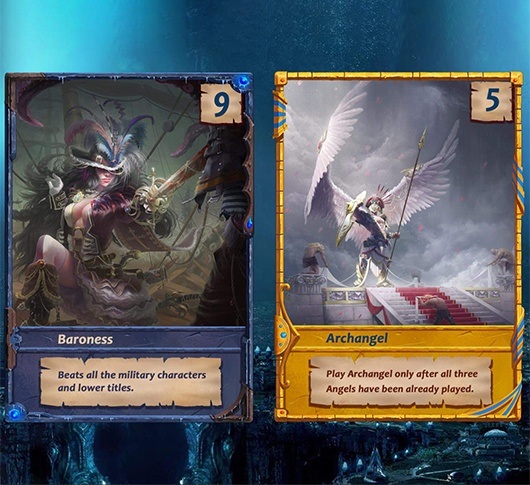 What Are NFT Games? — Meanings, Insights, Forecasts
What Are NFT Games? — Meanings, Insights, Forecasts 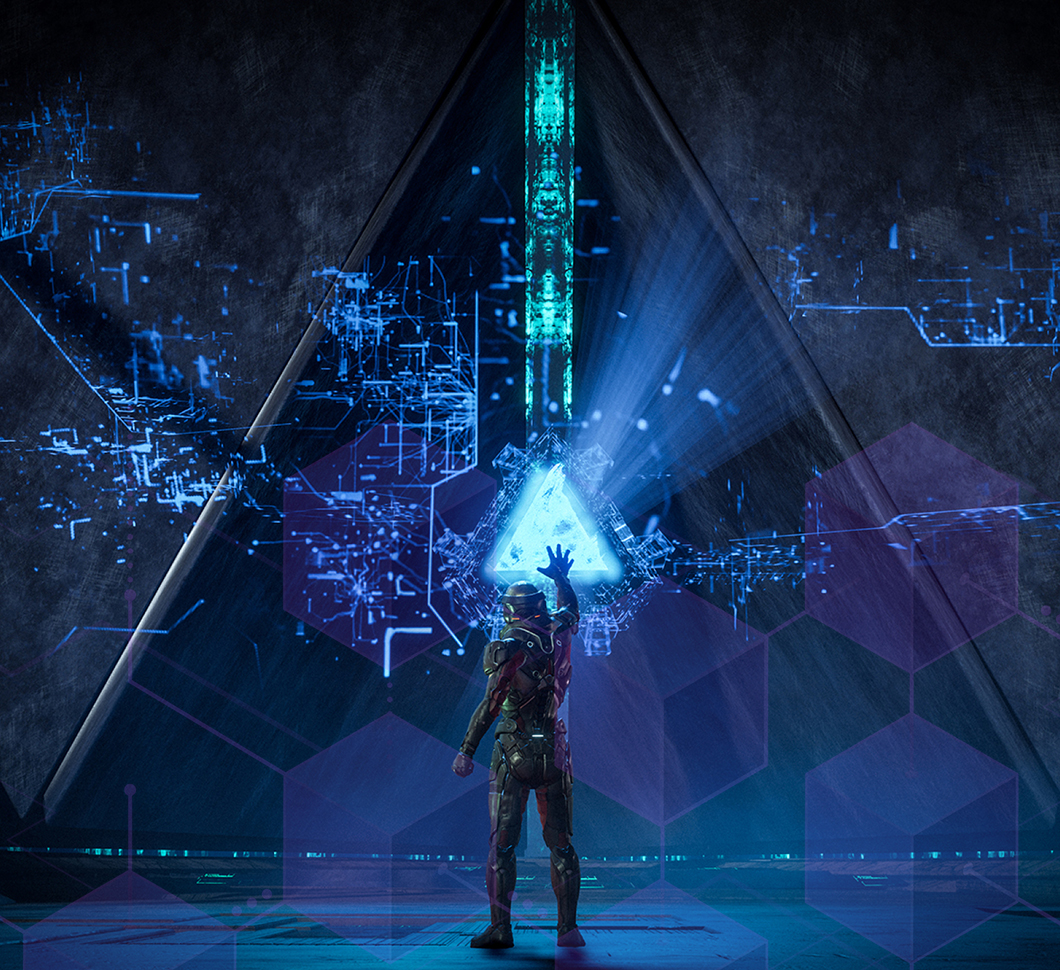 Top Blockchain Gaming Companies of 2023
Top Blockchain Gaming Companies of 2023 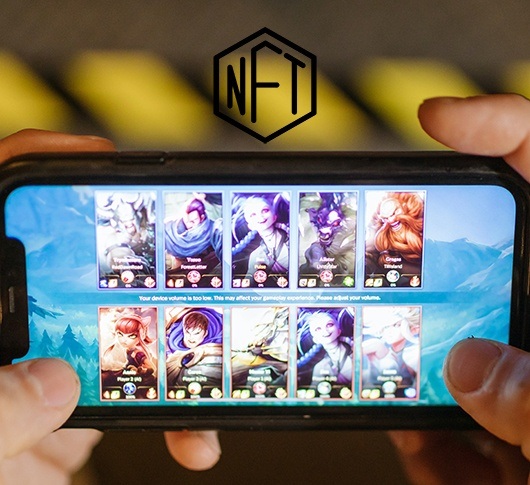 How Do NFT Games Work? Common Questions Answered
How Do NFT Games Work? Common Questions Answered 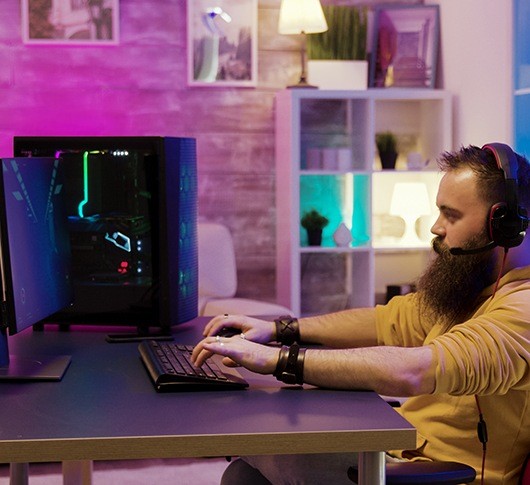 NFT Game Developers Crafting Virtual Realms
NFT Game Developers Crafting Virtual Realms 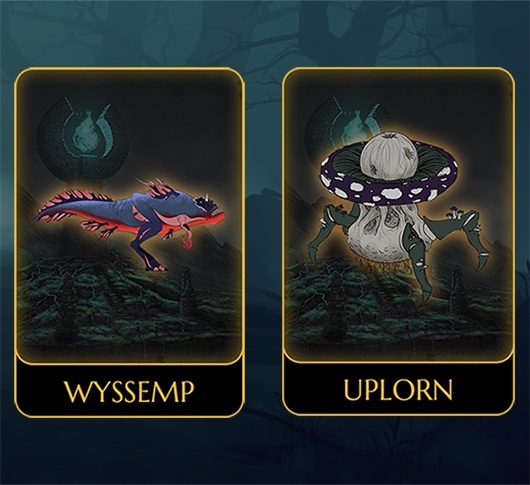 Types of NFT Games You May Want to Create
Types of NFT Games You May Want to Create 